Science X Dialog
Science X Dialog is where researchers can share news and information about their own published journal articles.
How to apply

Dialog / Scalable photoelectrochemical system for solar hydrogen possible, if made from efficient all-perovskite materials
Our recent article published in Nature Energy relates our first attempt at the development of a scalable photoelectrochemical (PEC) system to produce green hydrogen.
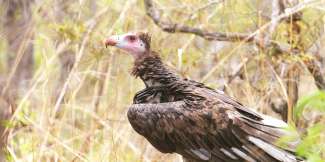
Dialog / Protected lands provide a last stand for critically endangered vultures in West Africa
Among the fastest-declining birds in the world, African vultures battle many of the problems commonly plaguing wildlife today, such as habitat loss, hunting, and poisoning, but they also face a more unique set of obstacles.
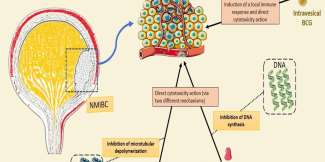
Dialog / Intravesical gemcitabine/docetaxel as an alternative therapy for patients with non-muscle-invasive bladder cancer
Bladder cancer is one of the more common cancers worldwide. It is considered a major health care problem with a high financial burden. Of these cases, 75% are non-muscle-invasive, which characterizes dangerous diseases with ...
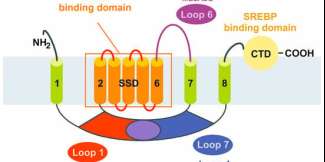
Dialog / Emerging role of lipids in metabolic disorders and lipid alterations in fatty liver disease
The importance of lipids as one of the fundamental biological compounds is well established as they are important signaling molecules and key components of metabolic disorders. The imbalance in lipid homeostasis and the dysregulation ...
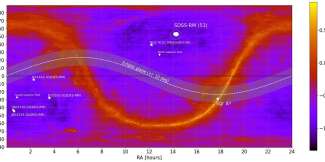
Dialog / Active galaxies as standard candles: Is dust the culprit behind discrepancies?
When did the universe start? When and how did the first stars and galaxies form? What is the fate of the universe?

Dialog / Earth's billion-year balancing act
Branding seems like it's everywhere today. And it's not just the swoosh on your Nikes or the bitten apple icon on your laptop anymore. Social media influencers craft their personal brands. But is there even branding in science? ...
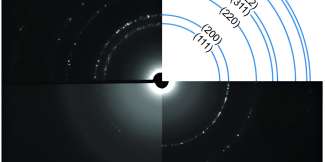
Dialog / Ultrathin membranes for uncovering the atomic scale problem in operando conditions
When someone comes up with the word "magnify," it is referring either to making distant objects closer or making small objects bigger on a tangible scale. There is no doubt that the power of magnifying instruments, regardless ...

Dialog / Fingerprinting biomolecules with the help of sound
A team of researchers from the Institute for Optoelectronic Systems and Microtechnology at Universidad Politécnica de Madrid (UPM) has designed a biosensor capable of identifying proteins and peptides in quantities as low ...
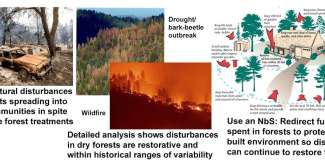
Dialog / A nature-based solution to restore and adapt western US dry forests to climate change
Nature effectively "managed" forests through millennia of major climate changes and episodes of natural disturbances (e.g., wildfires, droughts, bark-beetle outbreaks), so why would nature not now be best able to restore ...
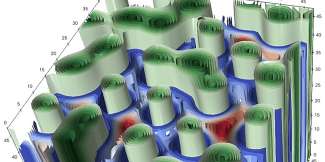
Dialog / Making a superconductor liquid–solid out of the vacuum with hundred-exatesla-strong magnetic fields
The discovery of superconductivity more than a century ago has significantly changed our world.
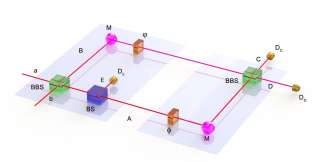
Dialog / Researchers observe the wave-particle duality of two photons
Understanding the nature of quantum objects' behaviors is the premise for a reasonable description of the quantum world. Depending on whether the interference can be produced or not, the quantum object is endowed with dual ...
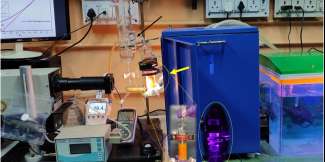
Dialog / Food-grade encapsulated photocatalyst materials for clean, green hydrogen generation
Environmental pollution and affordable clean energy are the two major sustainable development goals set by the United Nations General Assembly in 2015. All countries set their goals for decarbonization by the year 2050 and ...